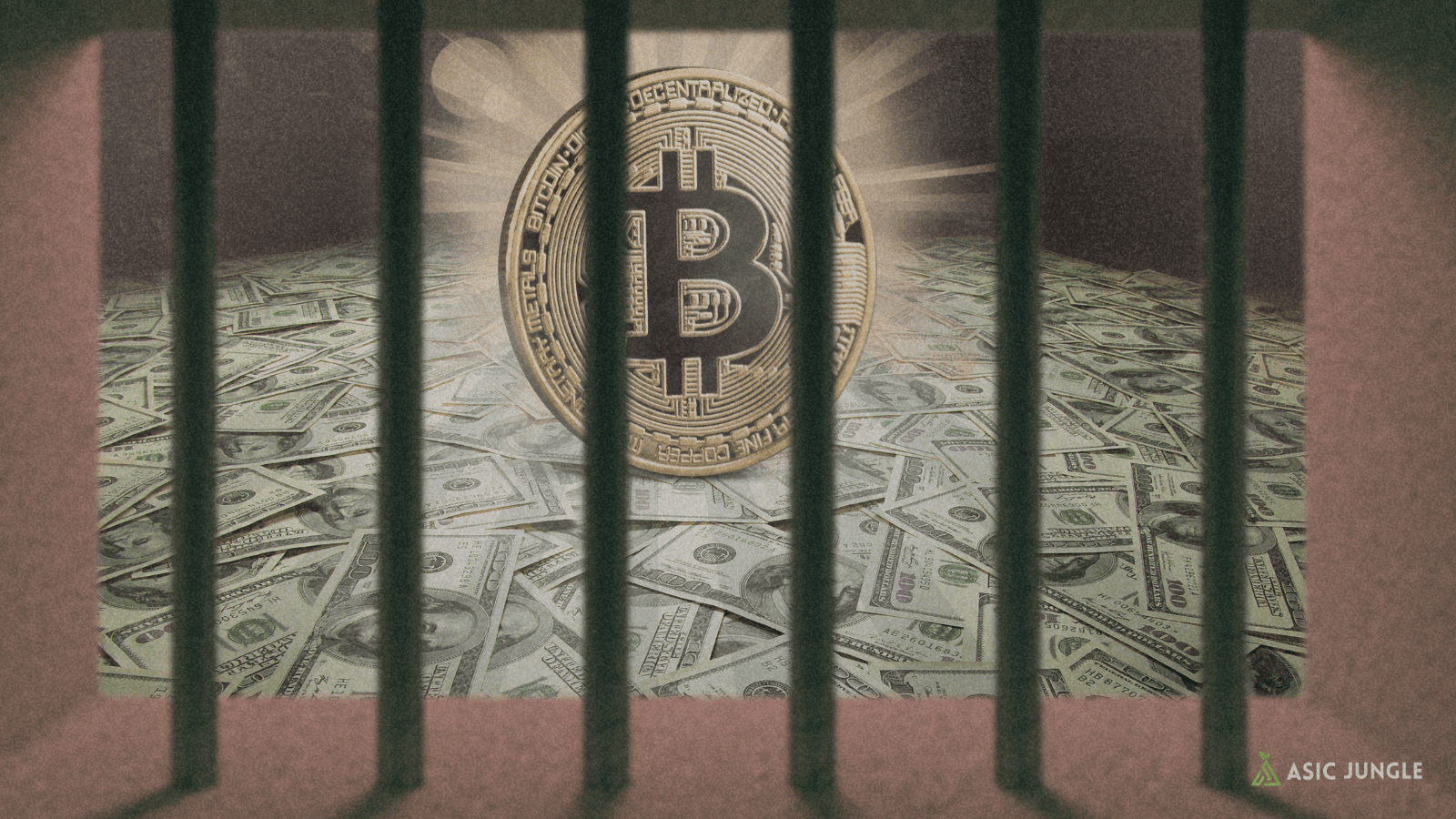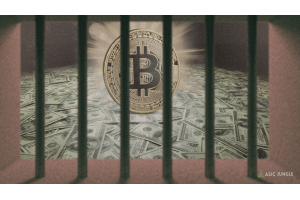The threat and promise of regulation has long been on the horizon for the crypto industry, and the latest issue involves the Biden administration's denial of banking services to crypto firms. While the move hasn’t been entirely unexpected, the methodology and recent intensity of it has. In what is being referred to as Operation Choke Point 2.0, forecasts for crypto predict strong headwinds.
This move has set off alarm bells in the industry as it represents a significant obstacle, particularly for capital-hungry crypto startups. While regulations are entirely necessary to protect investors from persistent unethical practices, many are questioning the approach being used. In this article, we aim to contextualize the situation and clarify what the relationship between banks and crypto in the US looks to become.
Background: Operation Choke Point
To understand the severity of the issue, it's important to be aware of a similar tactic deployed by the Obama administration in 2013, known as Operation Choke Point. This scheme aimed to marginalize law-abiding industries the government deemed unfavorable, such as gambling, payday lenders, firearms manufacturers, and adult entertainment.
Although the Trump administration ended Choke Point in 2017, scars remained on the traditional banking system. Banks have since been keenly aware that the government is more than happy to weaponize the financial system as an extra-judiciary tool to bypass conventional regulatory procedures.
What is happening now?
The Biden administration is executing what appears to be a coordinated plan across multiple agencies to discourage banks from dealing with crypto firms. This includes traditional banks who serve crypto clients, as well as crypto firms aiming to get bank charters. This plan includes players in the administration itself, influential members of congress, the Fed, the FDIC, the OCC, and the DoJ. In a nutshell, the crypto space is being isolated from the traditional financial system.
Crypto-friendly banks, including Silvergate, Signature, Metropolitan Commercial Bank, and Custodia are among the hardest hit, with Binance, Protego, and Paxos also announcing limits to their ability to operate.
Concerns for crypto firms
There are concerns that crypto firms will end up completely unbanked, stablecoins unable to manage capital flows, and exchanges cut off from the banking system. Crypto firms have always struggled to access banks, which is why stablecoins gained popularity in the first place—to help facilitate fiat settlements where traditional banking was unavailable.
The denial of banking services can only create additional hurdles for these firms, making it difficult for them to grow and develop. The recent actions by the Biden administration is not an explicit ban, but a clear message that banks will face severe consequences if they touch public blockchains.
For the sake of “safety and soundness”
The Biden administration's plan to discourage banks from dealing with crypto firms has been “nothing short of an onslaught” in recent weeks in what could be the "silver bullet" to control the industry without regulating it directly.
Nic Carter, a cryptocurrency and investing commentator, recently shared an article outlining an uptick in actions to establish these new policies involving banks since December of last year. Time and again, “safety and soundness” is the expression being used to justify the administration’s extraordinary regulatory methods.
“Regulation by blog post”
While Obama’s Operation Choke Point was known for being a clandestine affair, which was blatantly unconstitutional, the approach by the Biden administration has been conducted in plain sight. Their intentions to hamstring traditional fiat flows for crypto have been expressed via memos, regulatory guidance, and blog posts. Gary Gensler, Chairman of the SEC, has even put out a cute video to sugarcoat their activity. It is unclear what led to this “regulation by blog post” methodology, but it seems to be a strategy to portray a less scandalous image.
Despite this, the fact remains that typical regulatory procedures are being bypassed in favour of financial marginalization. Incoming crypto policies are open to public commentary, but it still doesn’t mean anyone can do anything to alter the government’s intended outcomes.
Will this impact Bitcoin mining?
Bitcoin has enjoyed a special privilege being cemented as a commodity as opposed to the security status of any proof-of-stake coin or token. This sets the mining industry apart, but does not necessarily mean that banks won’t shy away from miner upstarts looking for traditional financial services.
Regulatory maturation is common for any new industry and a common side-effect is that already-established companies can enjoy increased barriers to entry from potential competitors. Hydro-Quebec’s recent pivot to restrict electricity access for miners is a relatable example. In a single stroke, Quebec stripped itself as an attractive energy locale for new Bitcoin miners, while established giants, namely Bitfarms, continue to enjoy their existing energy contracts along with reduced competition.
Asic Jungle is fortunate to be a player with a long legacy in Bitcoin mining’s history, and doesn’t suffer directly from the potential fallout of crypto activity in the US. If anything, the Biden administration has further highlighted the need for Bitcoin to ensure a money exists that is free from manipulation, while doing away with the risks and distractions associated with most altcoins. Miners, along with our support, will continue to thrive, and bolster the energy industry as they (we) do so. Follow us for more content on bitcoin mining in 2023.






